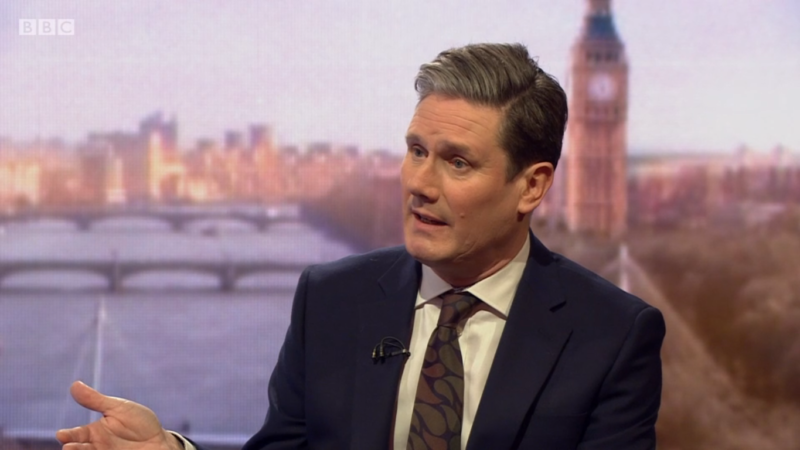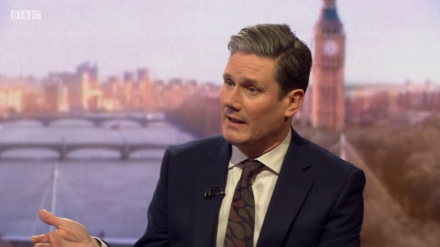

Sign up to LabourList’s morning email for everything Labour, every weekday morning.
A fresh row over Brexit has erupted. Yes, another one. This time it’s in Young Labour, the party’s youth section for under 27s, which is divided over whether there should be a Brexit vote at conference.
When Young Labour chair Miriam Mirwitch called for a conference vote in a joint letter with Labour Students chair Melantha Chittenden to Jeremy Corbyn, YL committee members reacted furiously. They were particularly incensed by Mirwitch’s explicit support for the LabourSay.EU campaign (launched by NEC candidates on the Progress and Labour First slate), which they describe as a “data harvesting operation”. Last night the committee – elected, in its own words, on a mandate of “defending the political leadership of Jeremy Corbyn” – put out a statement asserting its “strong opposition” to another referendum.
This debate is being held in one form or another at every level of the Labour Party. Over the weekend, Lewisham East members selected Janet Daby as their next parliamentary candidate. Daby stood on a platform of advocating continued membership of both the single market and customs union – not party policy – and her victory was seen by many as further proof that the membership is unhappy about the party’s current Brexit position.
Well, are they? We know Labour members are overwhelmingly pro-EU, pro-Remain, probably pro-single market and customs union membership post-Brexit. But they’re also overwhelmingly pro-Corbyn. The overlapping section in that Venn diagram is a big one, and all those members decided to overlook Corbyn’s history as a left-wing Eurosceptic who opposed the Maastricht and Lisbon treaties. Priorities may have shifted since the 2015 and 2016 leadership elections, but it’s not as if Corbyn would lose a contest now.
In a parallel Labour Brexit debate, a growing number of MPs have called for a “People’s Vote”. Will Labour back a referendum on the deal? While many of you were having a jolly time ignoring grotesque wealth inequality to enjoy the Royal wedding on Saturday, I was trying to keep up with the Lewisham East drama while interviewing the Shadow Brexit Secretary at the FEPS-Fabian Society conference.
When I put the ‘people’s vote’ question to Mr Darcy – sorry, Sir Keir Starmer QC MP – he explained that there are “practical difficulties” stopping the party from doing so. The “in” and “out” options would have to be clearly defined for that referendum to work, he said, yet the final Brexit deal will “probably” be known only by 2021 at the earliest. We could have the vote then, but by that time the remain option would have disappeared after having left the EU in March 2019. Although Starmer doesn’t take anything off the table, a ‘people’s vote’ doesn’t look likely.
These disagreements tap into the question both main parties are grappling with: how do we assert a clear Brexit position that doesn’t alienate our core vote and allows us to make gains too? Labour isn’t overly worried about the big Remain-voting cities, but the party lost constituencies like North East Derbyshire last year and struggled to convince small towns in the local elections. Whether the reasons for those losses are economic or cultural, the view likely to win out is that to “ignore and condescend Leave voters” – as the Young Labour committee warned – is a bad idea.
Sienna @siennamarla
Sign up to LabourList’s morning email for everything Labour, every weekday morning.




More from LabourList
‘Labour’s quiet quest for democratic renewal’
‘Labour promised to make work pay. Now it must deliver for young people’
‘Council Tax shouldn’t punish those who have the least or those we owe the most’